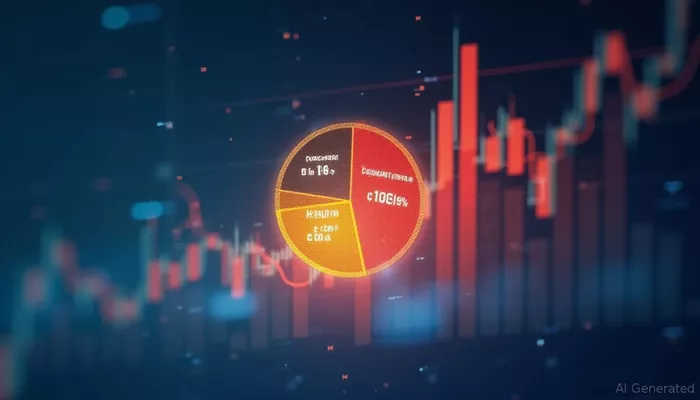Business Development Company (BDC) ETFs are currently among the highest-yielding investments. Two leading funds in this category are the VanEck BDC Income ETF (BIZD) and the Putnam BDC Income ETF (PBDC). Both offer strong dividend yields, positive growth, and solid returns, making them attractive for income-focused investors and retirees.
Yield and Returns
BIZD currently offers a higher dividend yield at about 11.1%, compared to PBDC’s roughly 9.7% yield. Both funds have performed well since early 2022, a period marked by rising interest rates, although their long-term returns slightly trail equity markets. Despite this, they have outperformed many other income investments during this time.
Fund Management and Costs
BIZD is a passively managed ETF tracking the MVIS US Business Development Companies Index. It was launched in 2013 and carries a higher expense ratio of approximately 10.9%. In contrast, PBDC is actively managed by Putnam, launched in 2022, and has a lower expense ratio near 6.8%. This difference in management style and cost may influence investor preference depending on their strategy.
Performance and Risk
Year-to-date, BIZD has slightly outperformed PBDC, with returns of about -0.51% versus -0.77%, respectively. Both funds share similar sector exposures, mainly in financials, and have comparable risk profiles. However, PBDC has shown somewhat better performance in certain periods and lower drawdowns, indicating a potentially more stable investment.
Income Investing Services
The CEF/ETF Income Laboratory manages portfolios targeting safe and steady yields around 8%, including holdings in BDC ETFs like BIZD and PBDC. Their approach suits both active and passive investors seeking reliable income streams, often with monthly dividend payments for faster compounding.
Summary
- BIZD offers a higher current yield (11.1%) but with higher expenses.
- PBDC has a lower yield (9.7%) but lower costs and active management.
- Both ETFs provide strong income potential and have performed well in recent rising rate environments.
- Choice depends on investor preference for yield, cost, and management style.
Read more:


